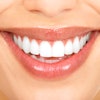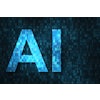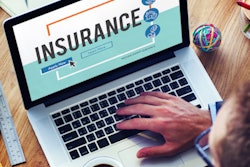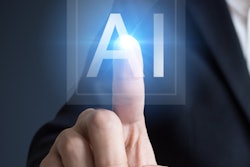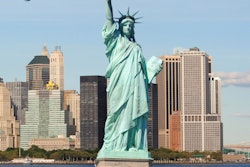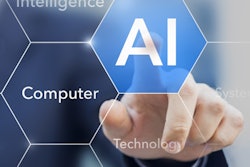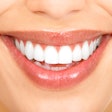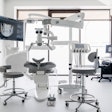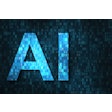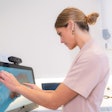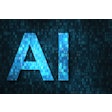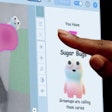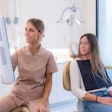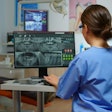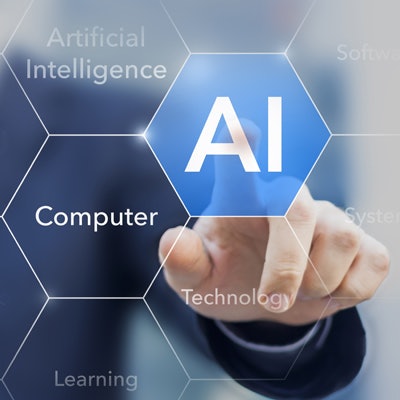
Artificial intelligence (AI) is beginning to fundamentally change the way we live and work, and it's only a matter of time before AI takes hold in dentistry. That was one of the key takeaways from the 2018 Sikka Healthcare Marketplace Summit, which took place on July 27 in San Jose, CA.
Sikka Software Chairman and CEO Vijay Sikka opened the summit by discussing how artificial intelligence is poised to potentially upgrade the dental office experience -- and it's not by taking dentists' jobs.
 Vijay Sikka, chairman and CEO of Sikka Software.
Vijay Sikka, chairman and CEO of Sikka Software."When people hear the words 'artificial intelligence,' they somehow equate that to something that competes with human intelligence," said Sikka, who pursued a doctorate in artificial intelligence at Stanford University before launching Sikka Software. "The truth is that when most people talk about artificial intelligence, they're not really talking about artificial intelligence."
Instead, Sikka urged dentists to think of AI as a tool to enhance the way the dental team works, similar to how navigation apps, such as Waze or Google Maps, help commuters find the best routes during rush hour.
"Ten years ago, there used to be satellites and news broadcasts that would say, '[Highway] I-80 is crowded' or '280 is slowing down,' " Sikka said. "Nobody listens to those radio broadcasts anymore because it's all on your mobile phone. ... That's AI."
If designed properly, today's version of artificial intelligence can help to elevate the dental office experience without fundamentally changing the need for humans, Sikka noted. For instance, Sikka Software has developed AI that helps practices automatically schedule patients, create treatment plan presentations, and manage inventory and predicatively order goods as needed.
“When people hear the words ‘artificial intelligence,’ they somehow equate that to something that competes with human intelligence.”
"Dentists are going to be seamlessly integrating using Alexa or Google Home or any of these devices to say, 'How is my practice doing?' or 'What supplies do I need?' " Sikka said. "The system will take care of it."
This AI is called Self Driving Practice, a reference to self-driving cars. The idea is to let the practice take care of running what can be automated, so that dentists can focus on what they were trained to do.
"With the Self Driving Practice, you say, 'I want to make $150,000 this year,' and the practice helps you get to that target," Sikka said. "So you're not wasting time on too much of the administrative tasks, but you're focused on the clinical care and patient care."
While it doesn't appear that artificial intelligence will replace dentists in the near future, what about further out? Sikka cautioned that anything too far in the future is impossible to predict, but he doubts that dentists or hygienists are going to be replaced by robots. Instead, he imagines the far future of dentistry will be personalized and on-demand.
"Our eyes, our contact lenses, may actually show us that you need to take care of this tooth, and [the system] may say, 'By the way, I have already scheduled an appointment at your convenience, and the doctor will see you at that time,' " Sikka said. "You may not even have to go to the doctor. The doctor will probably come to you."

